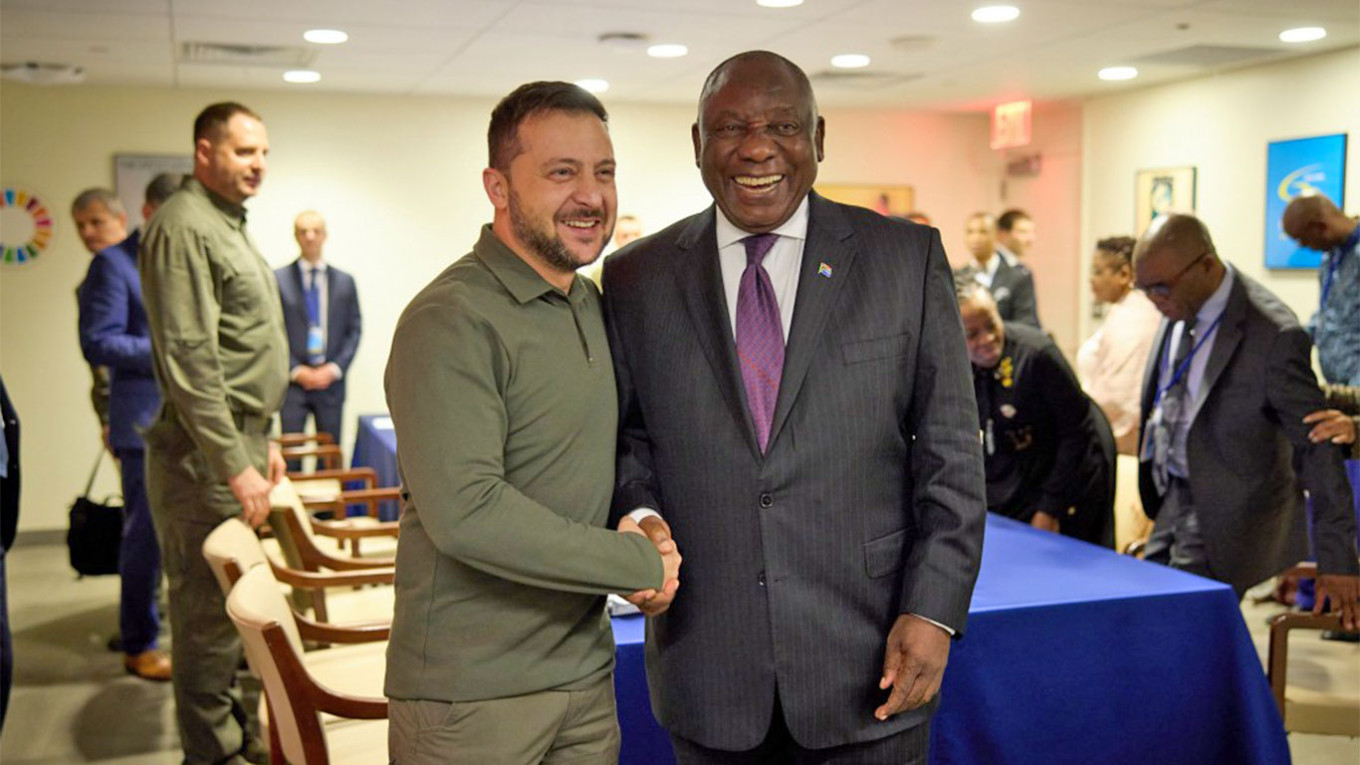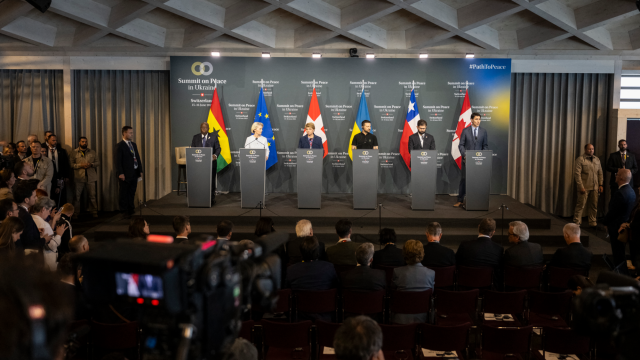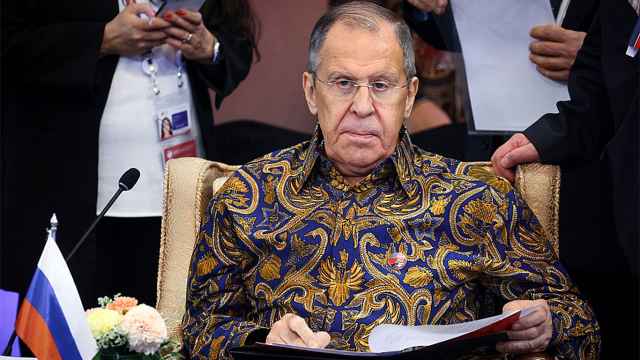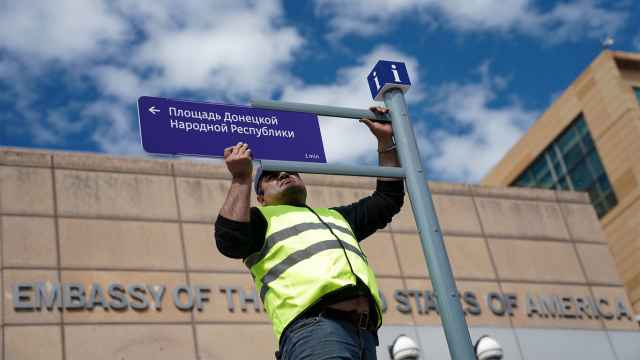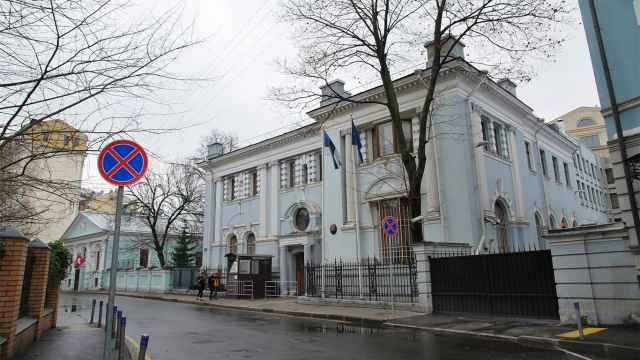Since the beginning of the war, Ukraine has been tasked with securing the broadest possible support from the international community, including the Global South. However, today, in the third year of the war, this task is still far from being accomplished.
If at the very beginning of Russia's aggression against Ukraine the overwhelming majority of states supported the UN General Assembly's condemnation of the aggression and demands for an immediate cessation of military operations and the withdrawal of Russian troops from Ukraine, the picture is now very different.
This was not so much facilitated by the efforts of Russian diplomats, but by the lack of a clear strategy on the part of Ukraine's Western partners, led by the United States. They have demonstrated an extremely cautious and frankly weak policy toward containing Russia and stopping its aggression.
Obviously, in the eyes of most states, the West’s lack of a clear strategy and sense of what they want to achieve from Russia has become evidence of the pro-Ukrainian camp’s weakness and indecisiveness.
In comparison, Russia's policy toward Ukraine, namely its continued advance and large-scale strikes on civilian infrastructure, looks like a more coherent strategy. According to many politicians, it is based on certain calculations that cannot be neglected, especially if these calculations are made in the capital of a nuclear power. Thus, President Vladimir Putin's blunt aggression looks like it could pay off.
Ukrainian diplomats are still trying to forge a meaningful and presentable coalition behind Kyiv. Over the past two years, several multilateral conferences have been held to consider Ukrainian President Volodymyr Zelensky's peace plan which includes calls for, a ceasefire and the withdrawal of Russian troops as preconditions.
In June, Switzerland is to host another high-level conference in the hope of determining how a peaceful resolution to the conflict can be reached. Russia has not been invited, and has characteristically managed to take offense at this. But it is obvious that a fruitful discussion would be impossible with Russian delegates present.
The meeting should simply approve Zelensky's plan, possibly with some additions and changes, as a basic platform on the basis of which Ukraine and the countries that support it are ready to talk to Russia.
China, which has pushed for direct talks between Russia and Ukraine has yet to confirm whether it will take part in the conference. However, even if China does not attend, the conference still has the potential to be meaningful.
It is an opportunity for Kyiv and its Western allies to push for specific objectives and demands in language that is as precise as possible. A specific plan is hard to build a consensus around because each country has its own views on Ukraine’s situation and what should be done. But a more poorly-defined plan is no easier to implement because each signatory will interpret it in its own way.
The question arises as to how far the countries of the Global South which will agree to participate are willing to go. So far, there have been no tectonic shifts in their attitude toward Russian aggression. The Swiss organizers have started managing expectations ahead of the conference, realizing that it is unlikely that they will be able to boast of any serious diplomatic breakthroughs.
However, there are grounds for optimism. The U.S. Congress has finally approved a $60 billion aid package for Ukraine. This is a signal to the entire international community that the United States still supports Ukraine and is not out of the game yet.
But there is the question of exactly how this assistance will be distributed and how effective it will be. Will Washington change its vicious approach of supplying Ukraine with arms at the rate of a teaspoon per hour? If this practice continues, we cannot expect a change in the course of the war.
There is also a risk that this aid will arrive too late. It is plausible that Putin, faced with the prospect of massive supplies of Western weapons to Ukraine, may try to dramatically increase recruitment for the armycompensate for the Ukrainians' more sophisticated weaponry. The appearance of hundreds of thousands or even a million additional soldiers, even if they are comparatively poorly armed, could become a very serious test for the Ukrainian defense.
This, in turn, threatens the West with an unpleasant choice: either accept Ukraine's defeat or intervene in the war directly to save Kyiv from total collapse.
The battle for the minds and hearts of the global community lies not so much in diplomatic tricks and propaganda slogans, but first and foremost in the willingness and determination of each side to pursue the matter to a victorious end. Countries and governments in the Global South value human life much less than in the West and are more likely to see force as an acceptable way to solve problems. These countries will value the will to win above everything else. To them demands for an unconditional peace are not a sign of good will, but weakness and insecurity.
Western countries still face the same challenge as in early 2022 — demonstrating that they are as willing to stand up for what is right as Putin is to continue the war. The majority of the world will not side with the most morally righteous country, but with the strongest.
The West has every reason and resources to be the strongest. All that remains is the political will and understanding of what needs to be done to make this fact unignorable.
A Message from The Moscow Times:
Dear readers,
We are facing unprecedented challenges. Russia's Prosecutor General's Office has designated The Moscow Times as an "undesirable" organization, criminalizing our work and putting our staff at risk of prosecution. This follows our earlier unjust labeling as a "foreign agent."
These actions are direct attempts to silence independent journalism in Russia. The authorities claim our work "discredits the decisions of the Russian leadership." We see things differently: we strive to provide accurate, unbiased reporting on Russia.
We, the journalists of The Moscow Times, refuse to be silenced. But to continue our work, we need your help.
Your support, no matter how small, makes a world of difference. If you can, please support us monthly starting from just $2. It's quick to set up, and every contribution makes a significant impact.
By supporting The Moscow Times, you're defending open, independent journalism in the face of repression. Thank you for standing with us.
Remind me later.



